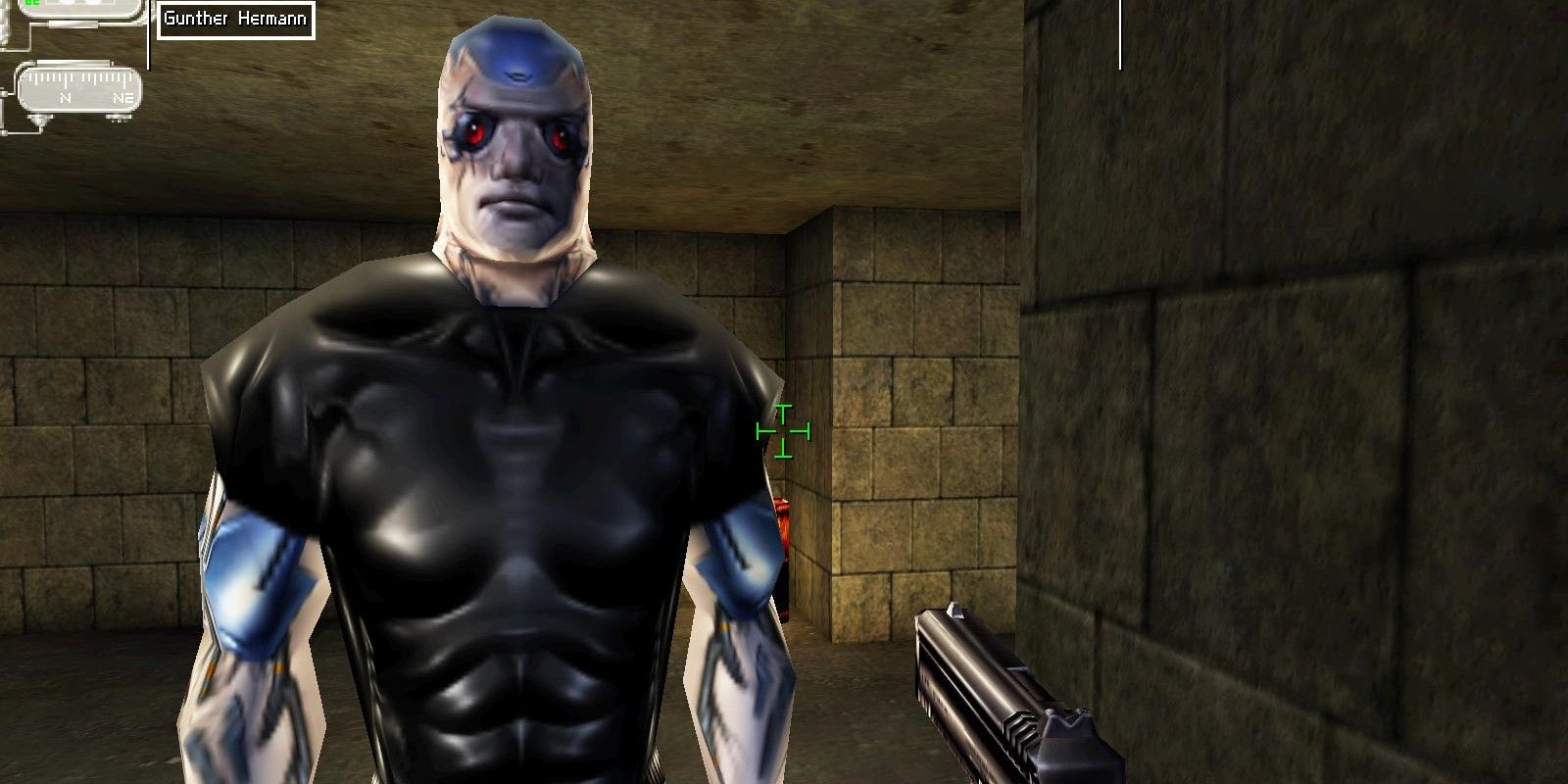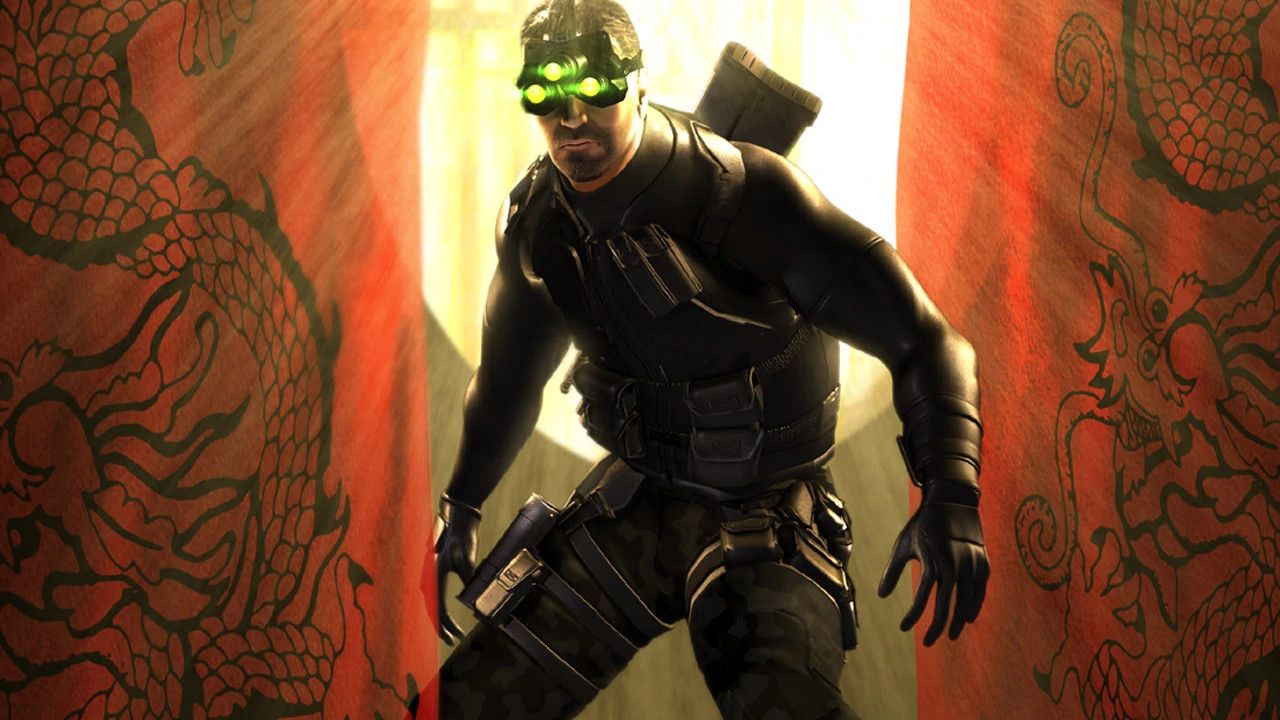
Many video games revolve around eliminating as many enemies as possible, often in astonishingly flashy or creative ways, requiring the player to engage their opponents in one way or another. However, the exact opposite can be just as thrilling, if not more so. The stealth genre of action games covers a plethora of titles that follow this idea of avoiding the enemy.
While many action games nowadays feature stealth as an optional mechanic, other games make stealth the name of the game, rewarding players for completing missions without being detected or leaving any sign that they were even there in the first place. Few other gaming series are dedicated to the art of remaining unseen as these franchises that codified and popularized the genre.

Although there can potentially be a lot of shooting involved, Deus Ex was revolutionary in its approach to stealth gameplay in first-person shooters. While players can always build protagonist JC Denton to become more effective in a firefight and go guns blazing, the clunky gunplay discourages facing opponents head-on. The sheer amount of options throughout Deus Ex's levels encourages subterfuge and finding alternate pathways that usually avoid enemy patrols. Later games tried to follow and recreate this formula, but most pale in comparison to the original's scale, scope of interactivity and atmosphere.

The most confrontational game on this list, the Hitman series follows the clone assassin known as Agent 47 as he sneaks his way into various locales to eliminate his targets. Hitman uniquely emphasizes using disguises to blend in with the environment. It also features many creative ways to kill 47's target, from the violently cruel to the ridiculously hilarious. When Hitman: Absolution streamlined these mechanics to barebones levels in favor of more effective gunplay, fans were greatly disappointed, leading developer IO Interactive to reboot the series with more traditional roots.

The most fantastical entry on the list so far, Thief takes place in a medieval fantasy setting and is one of the earliest 3D stealth games ever made. It released barely a month after the first Metal Gear Solid, and proved to be almost as influential.
Following morally grey protagonist Garrett as he tries to steal valuable treasures in highly dangerous locations, the Thief franchise introduced concepts like meters that detected light and sound. It also encouraged exploration as a way for players to find more clues and reach their objectives more effectively. While earlier entries are clunky and simple by today's standards, the fact that a 1998 stealth game used concepts that games like Splinter Cell and Hitman would refine is astonishing.

Perhaps the most realistic stealth games ever made, Tom Clancy's Splinter Cell prioritizes stealth the most out of all other entries on this list. What the series lacks in innovation it makes up for in total refinement and dedication to its craft, with meters for light and sound being gameplay core factors, alongside various gadgets players can use to assist in their mission. The most memorable thing about Splinter Cell is protagonist Sam Fisher, whose iconic night vision goggles and terrific voice acting by veteran actor Michael Ironside bring so much personality to a stoic character.

The granddaddy of all stealth games, Konami executives laughed at up-and-coming developer Hideo Kojima when he pitched the idea of an action game where the goal was to avoid the enemy -- only for the Metal Gear franchise to become a worldwide household name with the revolutionary third entry, Metal Gear Solid.
Since then, the series has continually refined the stealth genre and formula it essentially created, with every new entry granting Snake more options to approach his goals. While other games may have more in-depth sneaking and subterfuge mechanics, without the success of Metal Gear, these other stealth titles probably never would have seen the light of day.
0 Comments